The death of Pope Francis on Monday sets in motion a centuries-old ritual involving sacred oaths, performed by the cardinals who will elect his successor.
The process of electing a new Pope is shrouded in secrecy, with cardinals forbidden from communicating with the outside world what happens in the conclave, which takes place within the frescoed walls of the Sistine Chapel.
The pontiff’s age, along with his health concerns in recent years – including his recent complex lung infection – led to questions being asked well before his death about who would succeed him.
As is always the case, in the months and years prior to the death of a pope, a selection of candidates known as papabile emerge as the frontrunners to become the new leader of the Catholic Church.

What happens now?
The Vatican will convene a papal conclave, in which the College of Cardinals comes together to elect the Church’s next head.
The rules of the conclave, as of 22 January 2025, state that of the 252 cardinals, 138 qualify as electors. Only those under the age of 80 may take part in the secret ballot in the Sistine Chapel.
Four rounds of voting take place every day until a candidate receives two-thirds of the vote, in a process that typically lasts around 15 to 20 days, according to the United States Conference of Catholic Bishops.
There are already a number of well-known cardinals whose names have been put forward to fill the role. In 2020, Edward Pentin released an authoritative book on the topic, titled The Next Pope: The Leading Cardinal Candidates.
But candidates known as papabile have risen and fallen even since the publication of that book. Favourites entering the conclave rarely emerge as Pope, which has spawned the Italian adage: “Enter the conclave as Pope and leave as a cardinal.”
In fact, of the last six conclaves only Pope Benedict in 2005 would emerge as Pope having entered as the favourite. So many will be looking at the compromise candidates as a possible successor to Francis.
The favourites
Cardinal Pietro Parolin
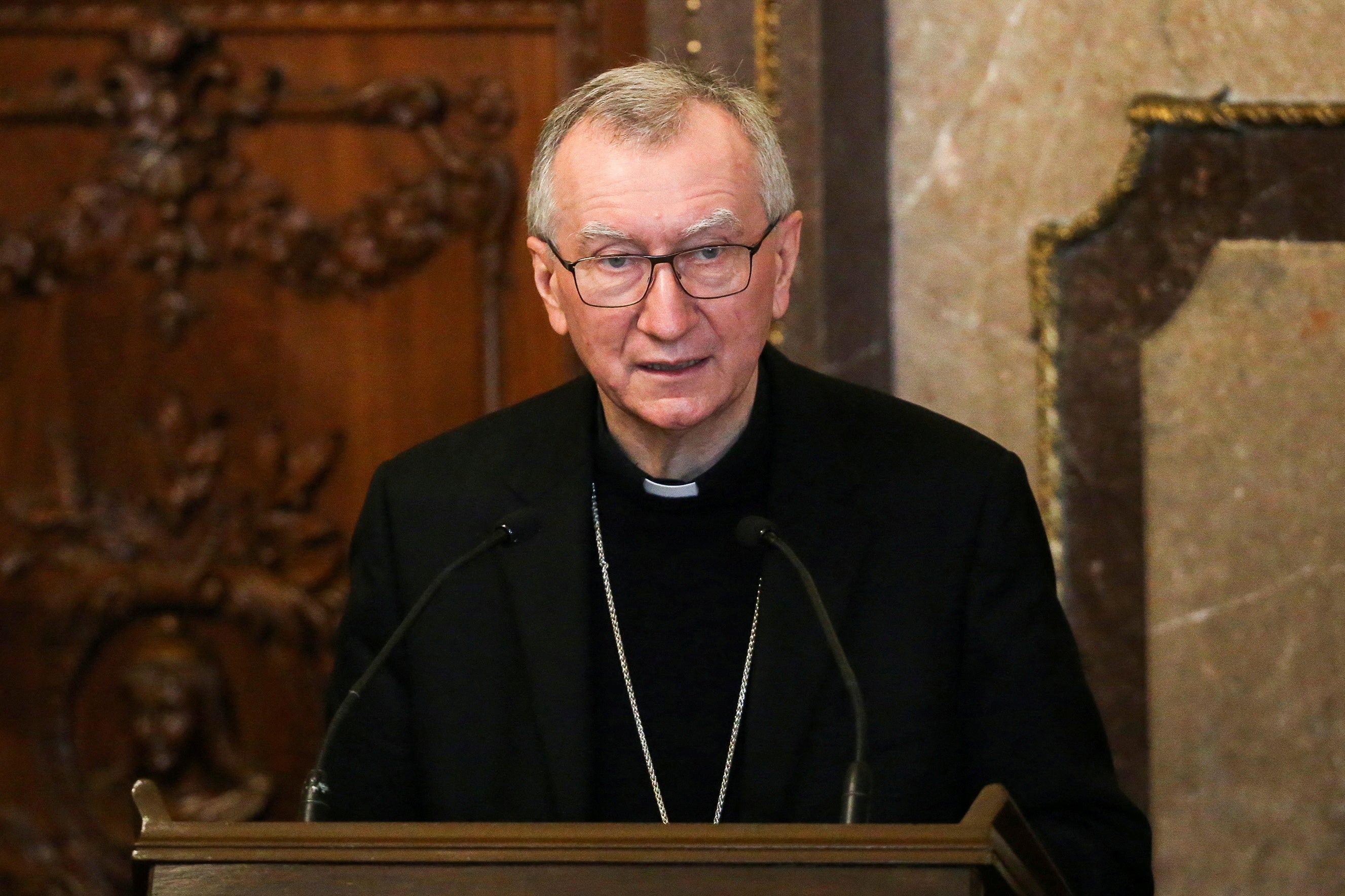
As the Vatican’s secretary of state since 2013, 70-year-old Cardinal Parolin, from Veneto, is the highest-ranking member of the electing conclave. Rather than adhering to “left” or “right” political leanings, Cardinal Parolin has long been considered a sensible, moderate figure within the Church.
Most recently, Cardinal Parolin gave an interview with Italian newspaper L’Eco di Bergamo in which he commented on a number of geopolitical issues.
He said: “Everyone can contribute to peace, but solutions must never be pursued through unilateral impositions that risk trampling on the rights of entire peoples, otherwise there will never be a just and lasting peace.”
Cardinal Peter Erdo
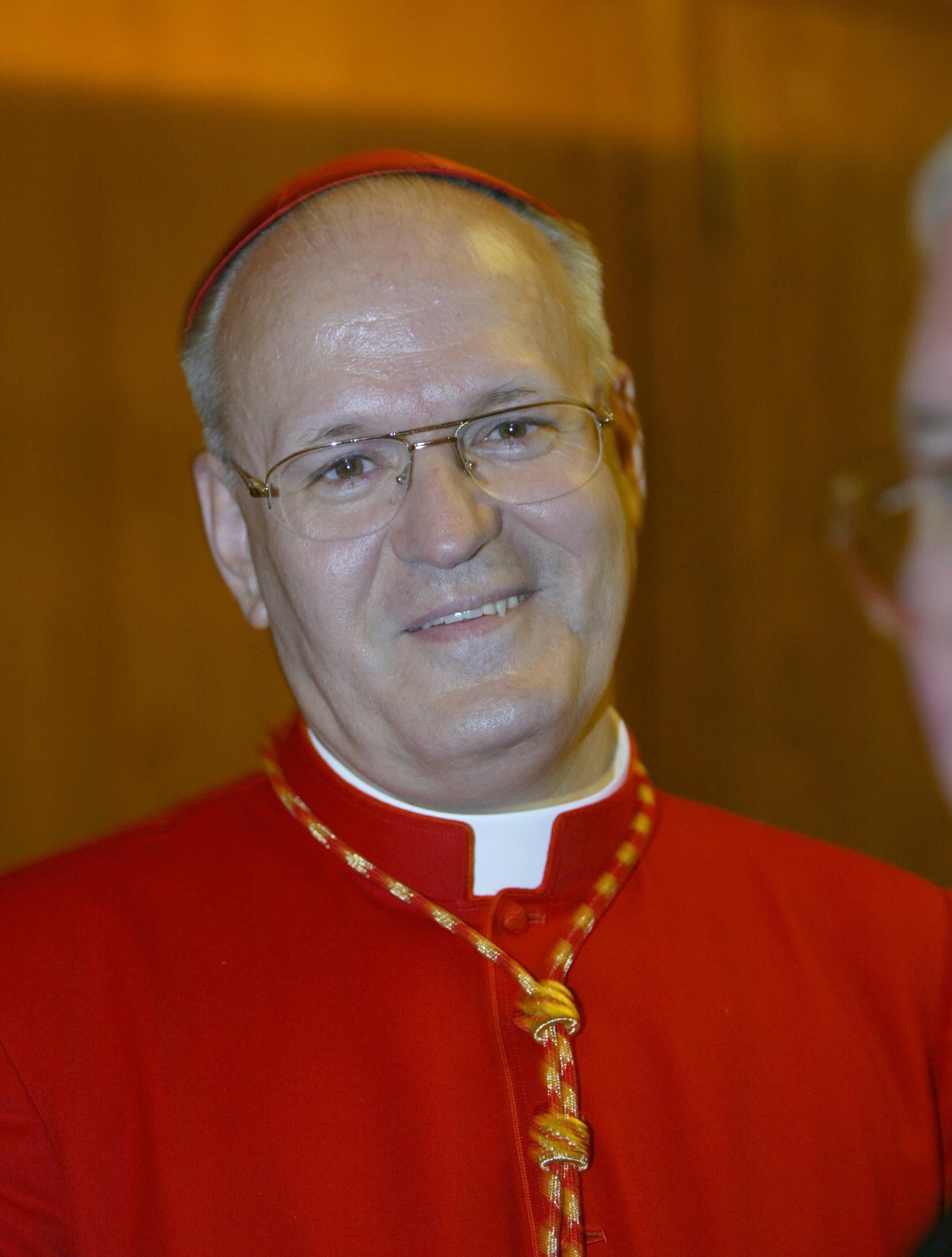
As a former president of the Council of the Bishops’ Conferences of Europe, Cardinal Erdo is known for being a devout Marian, meaning he devotes his practices to Mary, mother of Jesus.
He is the leading candidate on the conservative wing of the Church, and it is thought he could be the main challenger to Cardinal Parolin in the early conclave votes.
The 72-year-old Hungarian has famously been a more conservative voice within the Church, having opposed the practice of divorced or remarried Catholics receiving Holy Communion due to his belief in the insolubility of marriage.
He has also compared the act of taking in refugees to human trafficking. Erdo was made a cardinal in 2003 by Pope John Paul II.
Cardinal Luis Antonio Tagle
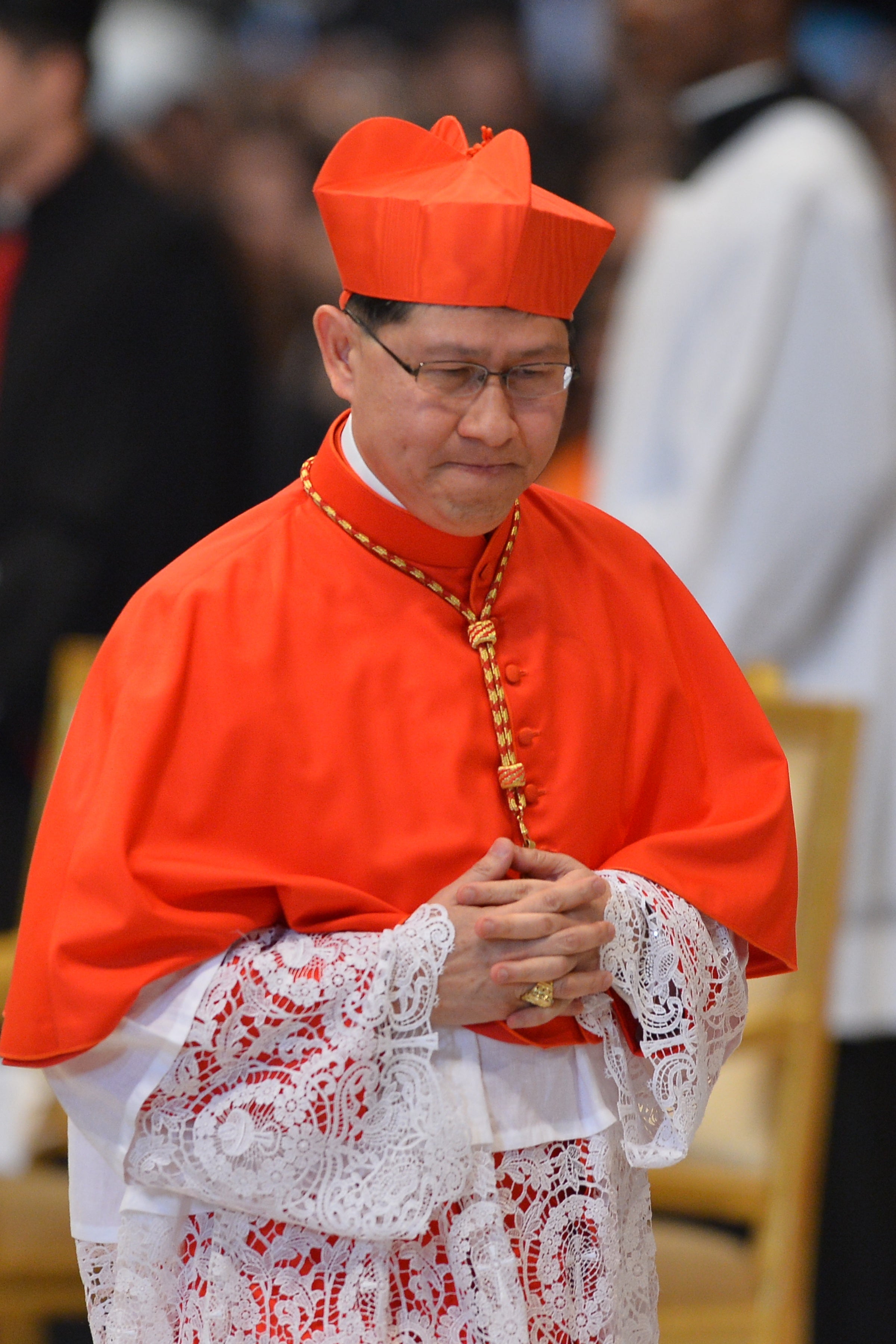
As the seventh Filipino to become a cardinal, Cardinal Tagle would be the first Asian pope. The 67-year-old currently serves as the pro-prefect for the Section of First Evangelisation of the Dicastery for Evangelisation, having been made a cardinal by Pope Benedict XVI. He is the most liberal candidate among the frontrunners and often dubbed “Francis 2” in his similarities to the late Pope.
Cardinal Tagle has typically shown more left-leaning politics, similar to those of Pope Francis, and has criticised the Church’s attitude and language towards gay people, unmarried mothers, and divorced or remarried Catholics.
He said in 2015: “The harsh words that were used in the past to refer to gays and divorced and separated people, the unwed mothers [and so on], in the past they were quite severe. Many people who belonged to those groups were branded and that led to their isolation from the wider society.”
Also in contention
Cardinal Matteo Zuppi
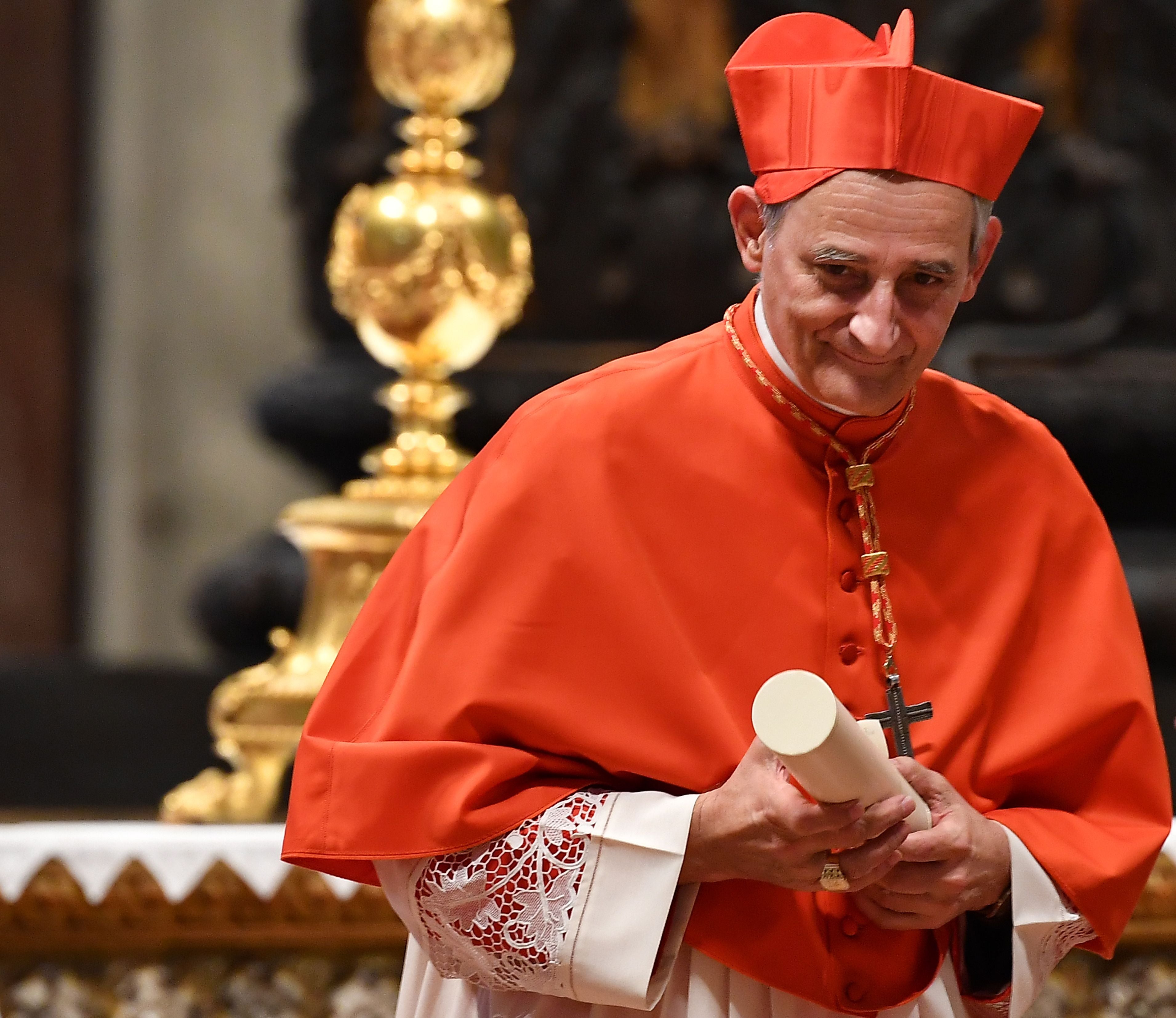
Considered to be a favourite of Pope Francis, Cardinal Zuppi has been president of the Episcopal Conference of Italy since May 2022.
The 69-year-old was made a cardinal by Francis in 2019 and has since been sent on a number of global trips. He went on a peace mission to Ukraine where he met president Volodymyr Zelensky, but not Russia’s Vladimir Putin, and he went to the United States to meet the then president Joe Biden.
Prior to being a cardinal, Mr Zuppi shared his positive view of the LGBT+ community when he wrote in an essay in James Martin’s 2018 book Building a Bridge (Un ponte da Costruire) that it would be “useful for encouraging dialogue, as well as reciprocal knowledge and understanding” to adopt a new pastoral approach towards “our LGBT brothers and sisters”.
Cardinal Raymond Leo Burke
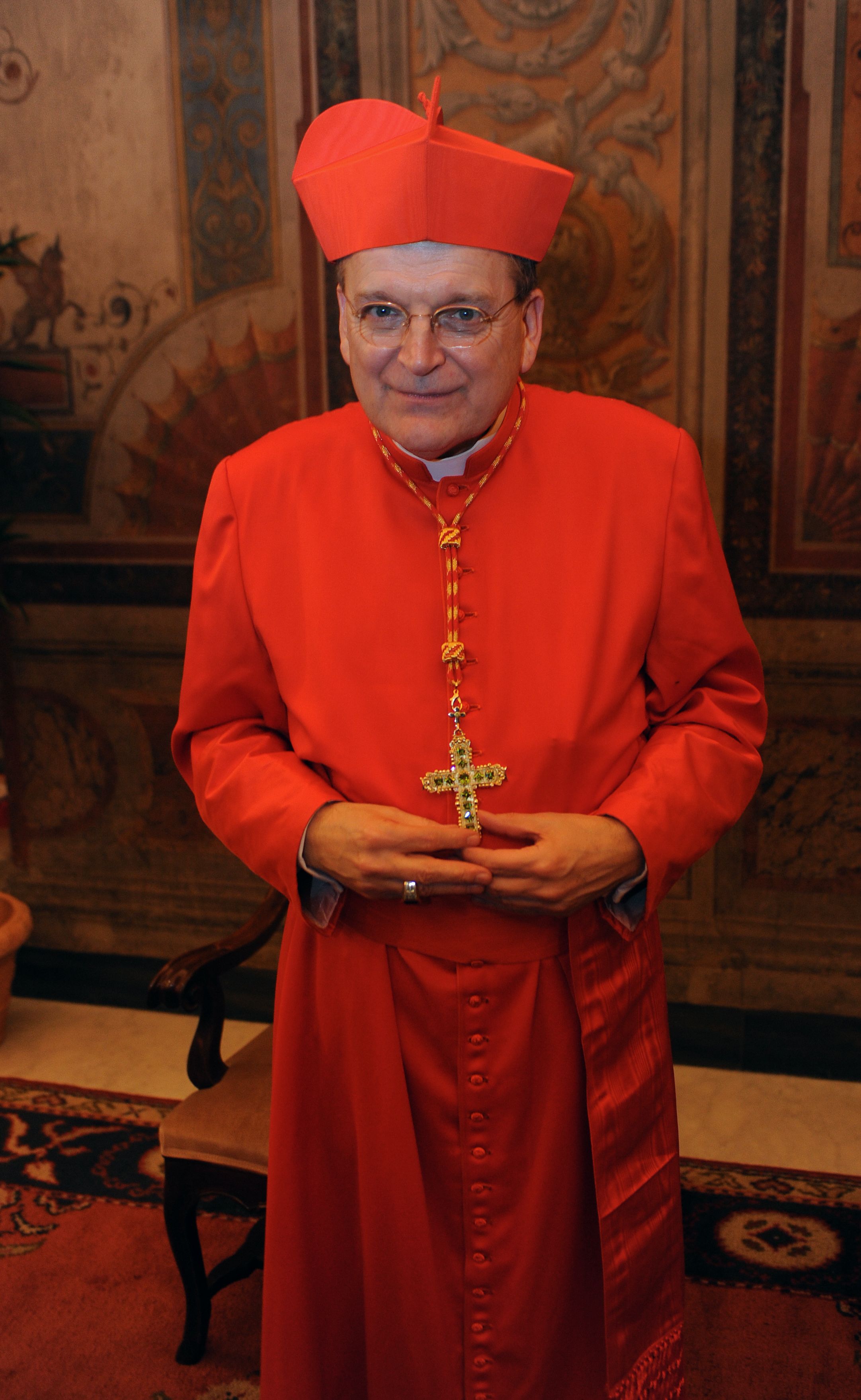
Regarded by critics as an outspoken traditionalist, Cardinal Burke, born in Wisconsin, was made a cardinal by Pope Benedict XVI in 2010.
He has publicly clashed with Pope Francis’s more liberal philosophies, particularly regarding the latter’s willingness to allow divorced and remarried couples to receive the Eucharist. He has also called the Church’s new language around artificial contraception, civil marriage and gay people “objectionable”.
He previously said that Catholic politicians who support legalised abortion, such as Mr Biden, should not receive the Eucharist.
Cardinal Mario Grech
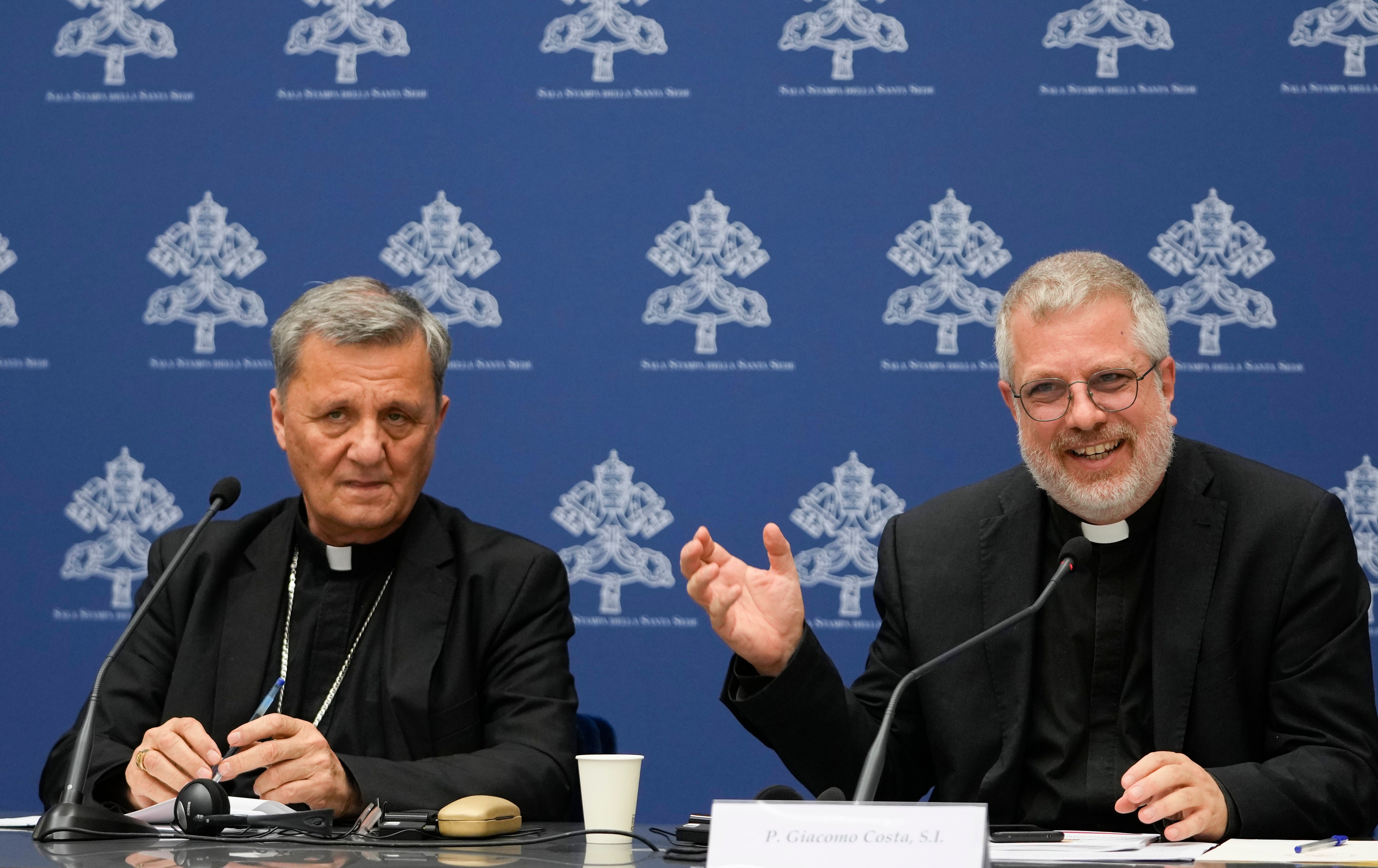
A former conservative, the Maltese Cardinal Mario Grech has emerged as probably the most progressive option for the conclave to consider.
The 68-year-old is the the one leading Church figure to attempt to reach out to LGBT+ communities and reconsider doctrine on a complex issue.
Speaking to the Synod in October 2014, Grech said that “the doctrine of the faith is capable of progressively acquiring a greater depth” and that addressing people in complex familial relations, or homosexuals or parents of homosexuals, “It is necessary to learn to speak that language which is known to contemporary human beings and who acknowledge it as a way of conveying the truth and the charity of the Gospel.”
A favourite of Pope Francis’, Grech was appointed to the influential role of Secretary General of the Synod of Bishops.
Out of Africa
Cardinal Peter Turkson
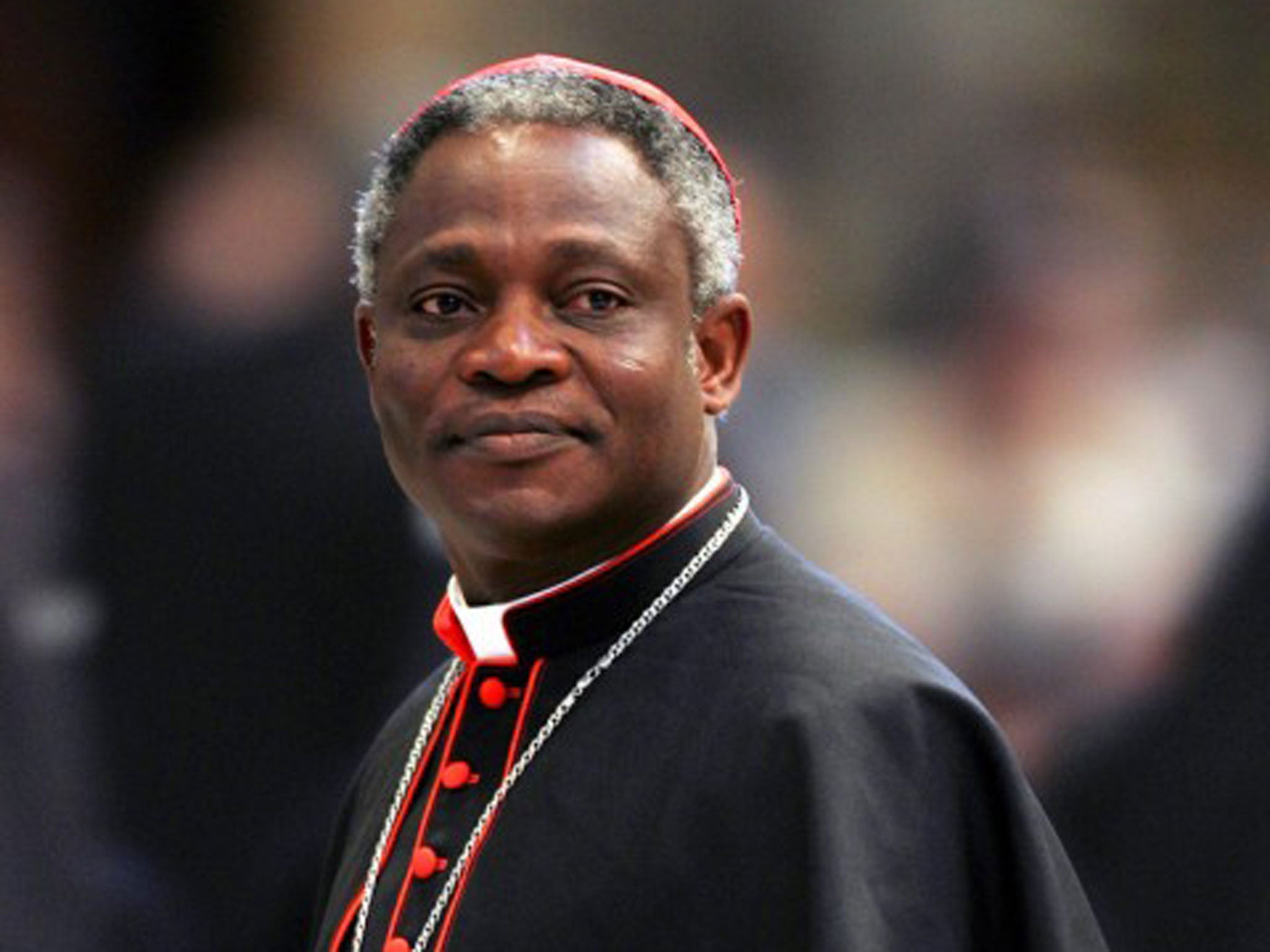
The Ghanaian prelate, 76, has emerged as one of the leading papabile in recent months and would be the first African pope since Pope Gelasius I in the fifth century.
Cardinal Turkson was a candidate in 2013, but now has more support than when Pope Francis was elected in the last conclave.
With Catholicism growing in Africa and declining in European and other Western countries, there is a feeling that its centre of gravity is shifting to the developing world.
Cardinal Turkson is politically on the left, and has led for the Church on social justice issues, been a critic of neoliberal capitalism and worked for peace.
However, theologically he is very conservative, and was a leading voice against the use of condoms despite the Aids pandemic in Africa. He also defended a more hardline view on homosexuality.
Cardinal Robert Sarah
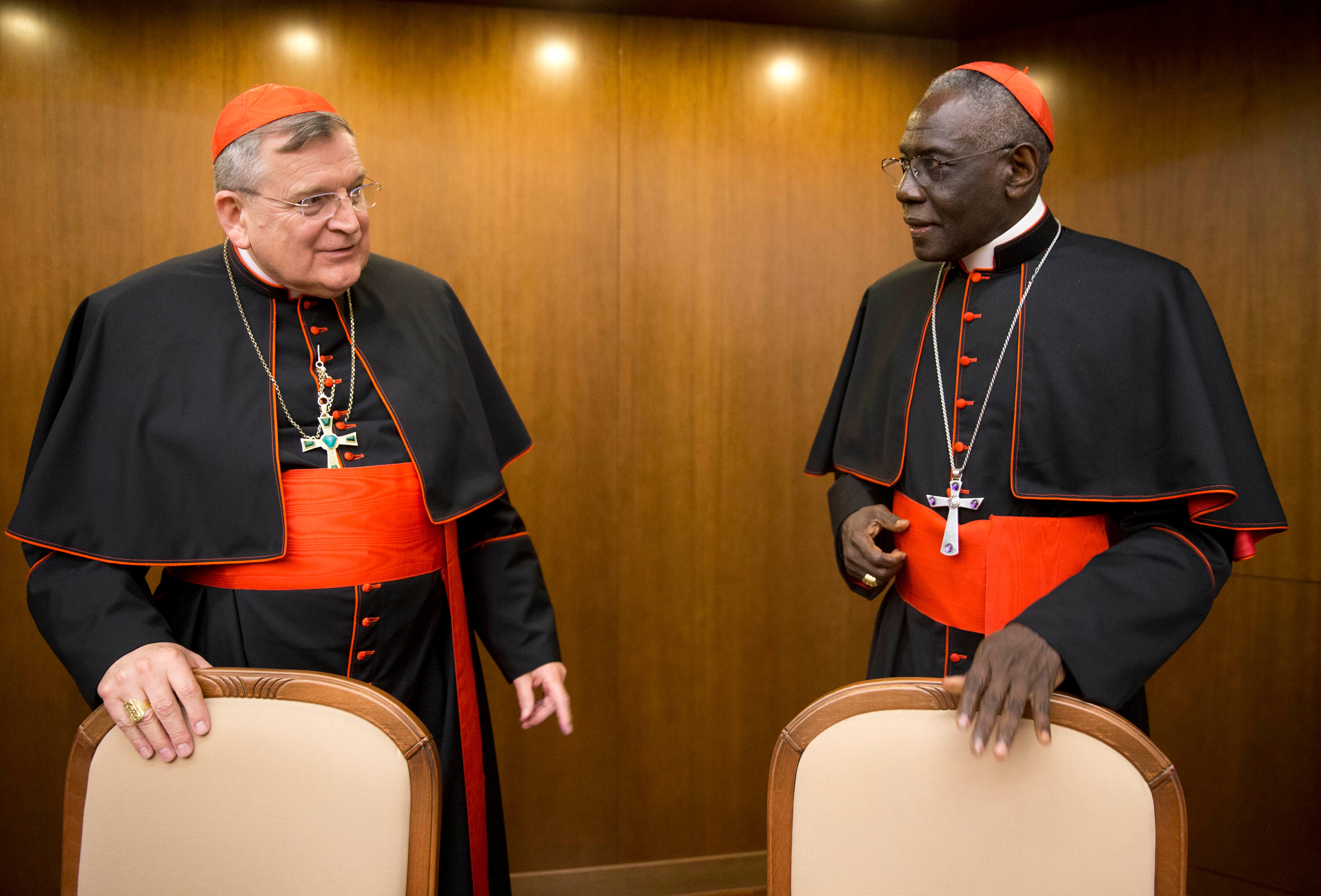
Another African papabile is Cardinal Robert Sarah of Guinea. The 79-year-old conservative was an ally of the previous pope, Benedict, and served as his president of the Pontifical Council.
Cardinal Sarah has been a leading player in the Vatican since 2001, and carries a lot of experience through various roles in the Church’s institutions. Some thought that his best opportunity came in 2013, when Pope Francis emerged as the choice of the cardinals instead.
Cardinal Sarah is a traditionalist and a conservative, who has suggested that some of the reforms brought in by the Second Vatican Council to modernise the Church in the 1960s are not obligatory. He is very anti-LGBT+ and has opposed attempts to recognise homosexuality in various African countries.
One of his strengths is that he has a deeper understanding and respect for Islam, as a cardinal from a country where the population is divided between the two religions. He has opposed attacks by the West on Muslim countries such as Iraq. He once noted: “The Islam in my country is a fraternal, peaceful religion.”
Cardinal Fridolin Ambongo Besungu

Completing the African contingent is Archbishop of Kinshasa and head of the Church in the Democratic Republic of Congo. At 65 he is one of the younger papabile but is a name rising on various lists as a possible successor to Francis.
Besunga has played a key role in the spread of Catholicism in Africa and won admirers for standing up to the DRC government who ordered for him to be investigated for sedition.
But like the other African cardinals he is a conservative and hit international prominence with his opposition to blessings of same sex unions.
The outside chances
Cardinal Angelo Scola
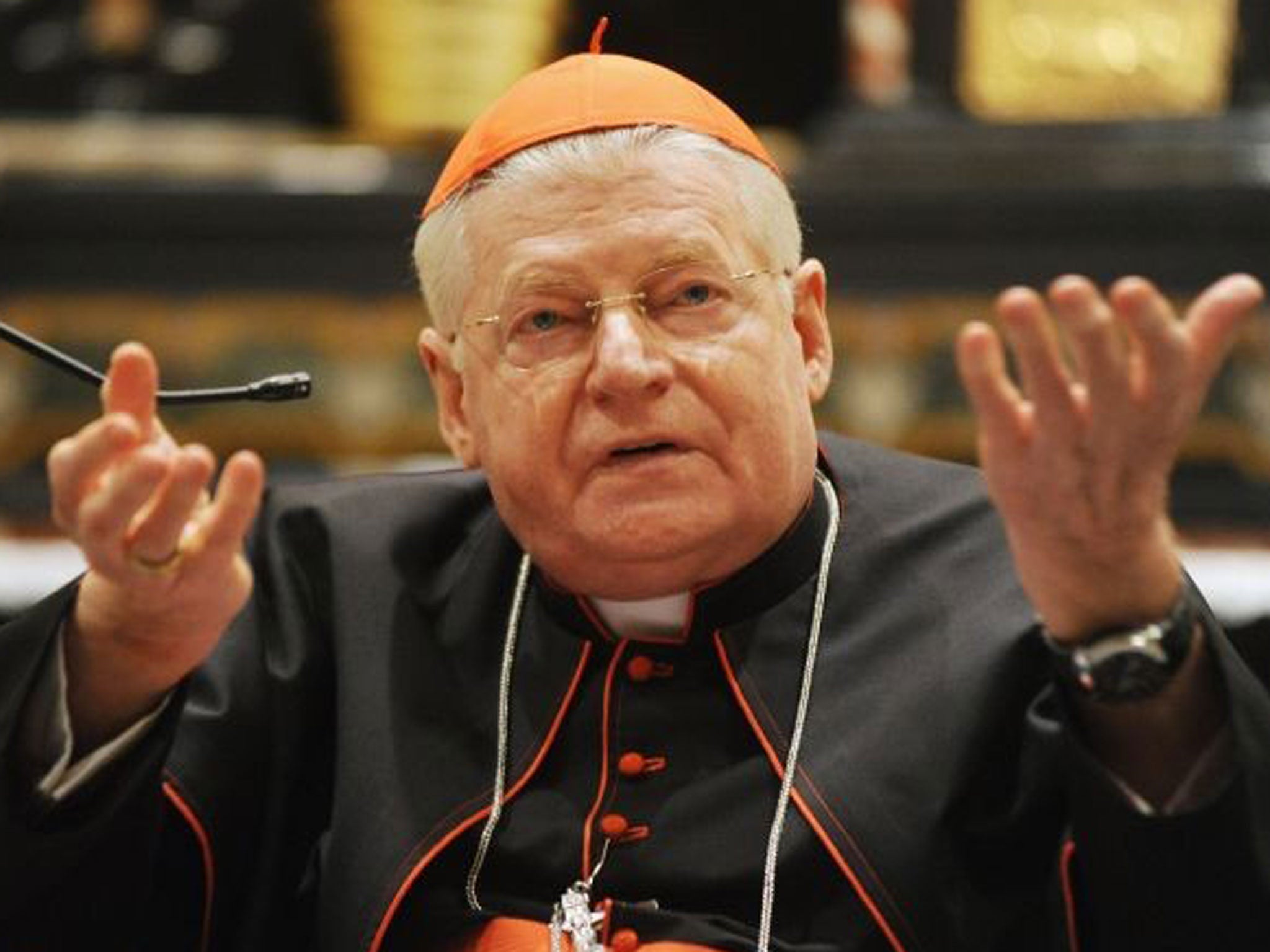
The former Archbishop of Milan is the leading name of four Italian cardinals who are seen as potential stop gap candidates if the conclave’s factions cannot come to agreement over the leading contenders.
At 83 Scola would be the oldest cardinal elected as Pope since Clement X in 1670 and it would be hoped he could provide steady but uncontroversial leadership to give the church breathing space to decide which direction to take in the future.
However, last time cardinals took this safe stop gap option they elected the 77-year-old John XXIII in 1958 who turned out to be one of the most radical and consequential popes in history. He launched the Second Vatican Council to modernise the church and changing Catholicism forever.
Cardinal Wim Eijk
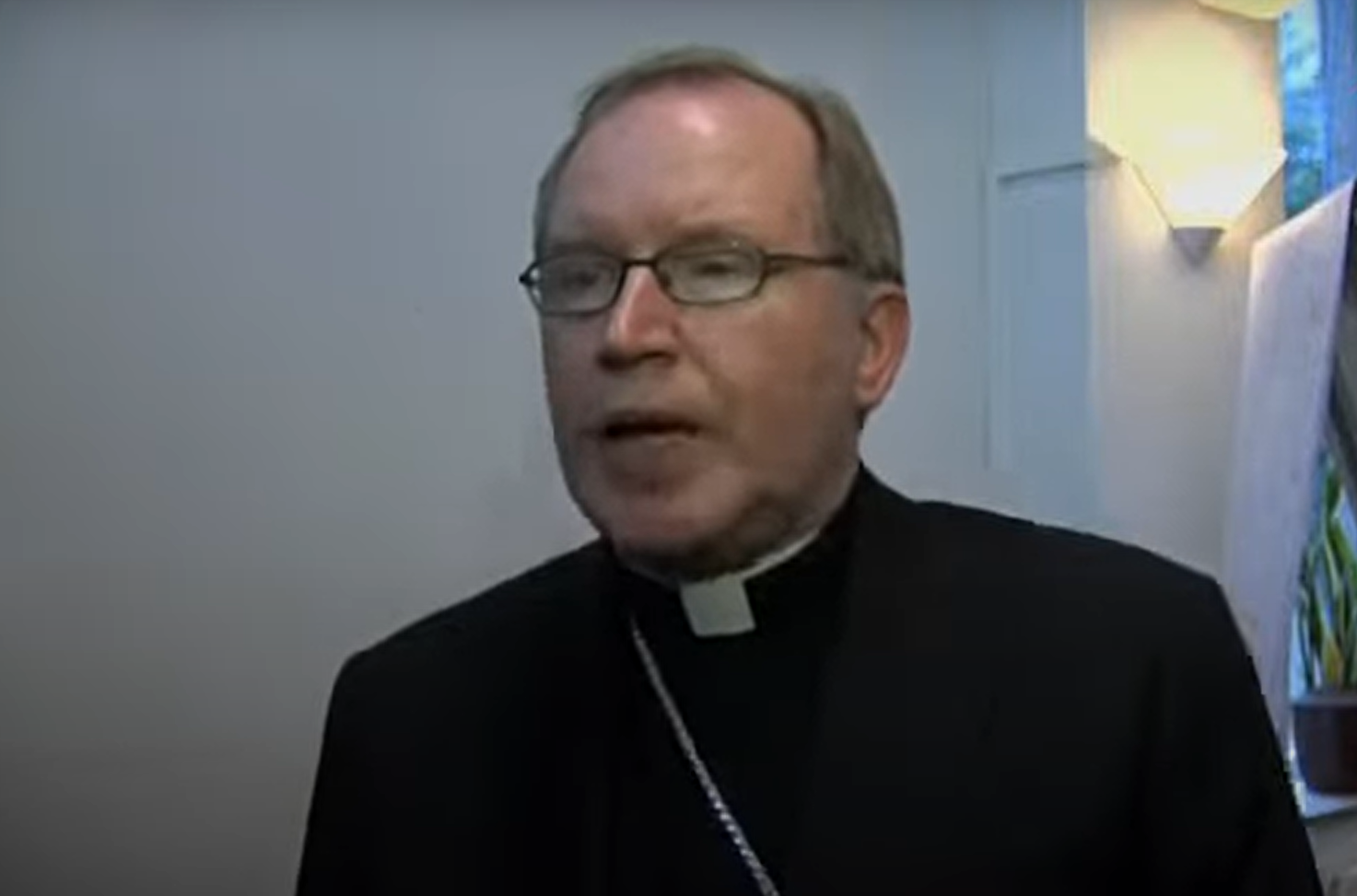
The Archbishop of Utrecht, 71, has been one of the biggest conservative critics of Pope Francis’ papacy. A medical doctor by training he is unusual among the cardinals in having a scientific background but has been a fierce opponent of LGBT+ rights.
In 2015 he came to public attention for removing a parish treasurer from their position because they were transgender.
He was also highly critical of ecumenical attempts to reach out to other Christian denominations. In 2018 he condemned Pope Francis for failing to completely rule out a German proposal to allow Protestants to take the eucharist.
Cardinal Pierbattista Pizzaballa
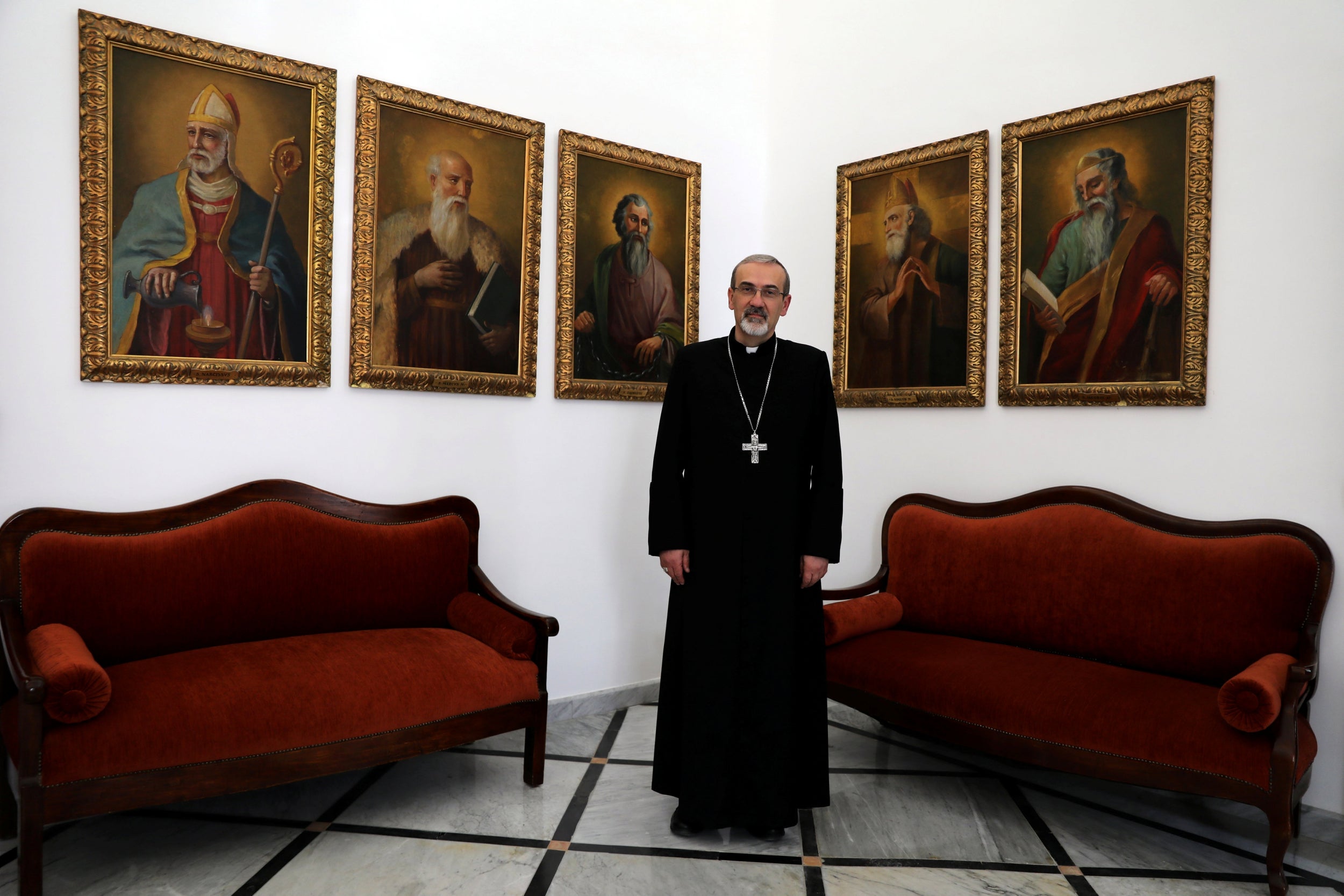
The Patriarch of Jerusalem is only 60 and much younger than all the other contenders but is a name increasingly discussed as a left field option by the conclave. It may be by the time the conclave begins that he has become one of the more serious contenders.
Essentially, it his role as leader of the Catholics in the Holy Land at a time when Middle East events in Israel and Gaza are at the forefront of world and Church politics.
Choosing Pizzaballa would be a significant geopolitical statement by the Church, especially at a time it has been highly critical of Benjamin Netanyahu’s government.
However, Pizzaballa has not taken sides as others have done. He was one of the first to condemn Hamas for the 7 October attacks on Israel and offered himself in exchange for Israeli children taken as hostages by the Palestinian terrorists.
As well as being a heroic figure with a keen ability as a diplomat he is also a leading Biblical scholar. Pope Francis was known to highly respect him and called him almost daily.
He will almost certainly get votes in the conclave and if he does not emerge this time because of his relatively young age he will be a contender again in the future.
Cardinal Marc Ouellet
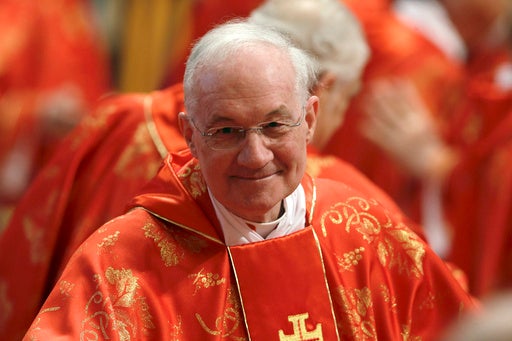
The Canadian cardinal from Quebec speaks seven languages fluently. At 80, he is now too old to vote in the conclave, although he remains a candidate for the papacy.
Cardinal Ouellet’s hopes, though, have been hit by allegations that emerged in August 2022, when a lawsuit involving an unnamed woman was filed against him.
Prior to that he had been one of the leading voices for change in the Church in the wake of the sexual abuse scandal involving priests.
In 2018, he said: “We will need more participation of women in the formation of priests, in teaching, in the discernment of candidates and their emotional balance.”
A British Pope?
Cardinal Vincent Nichols
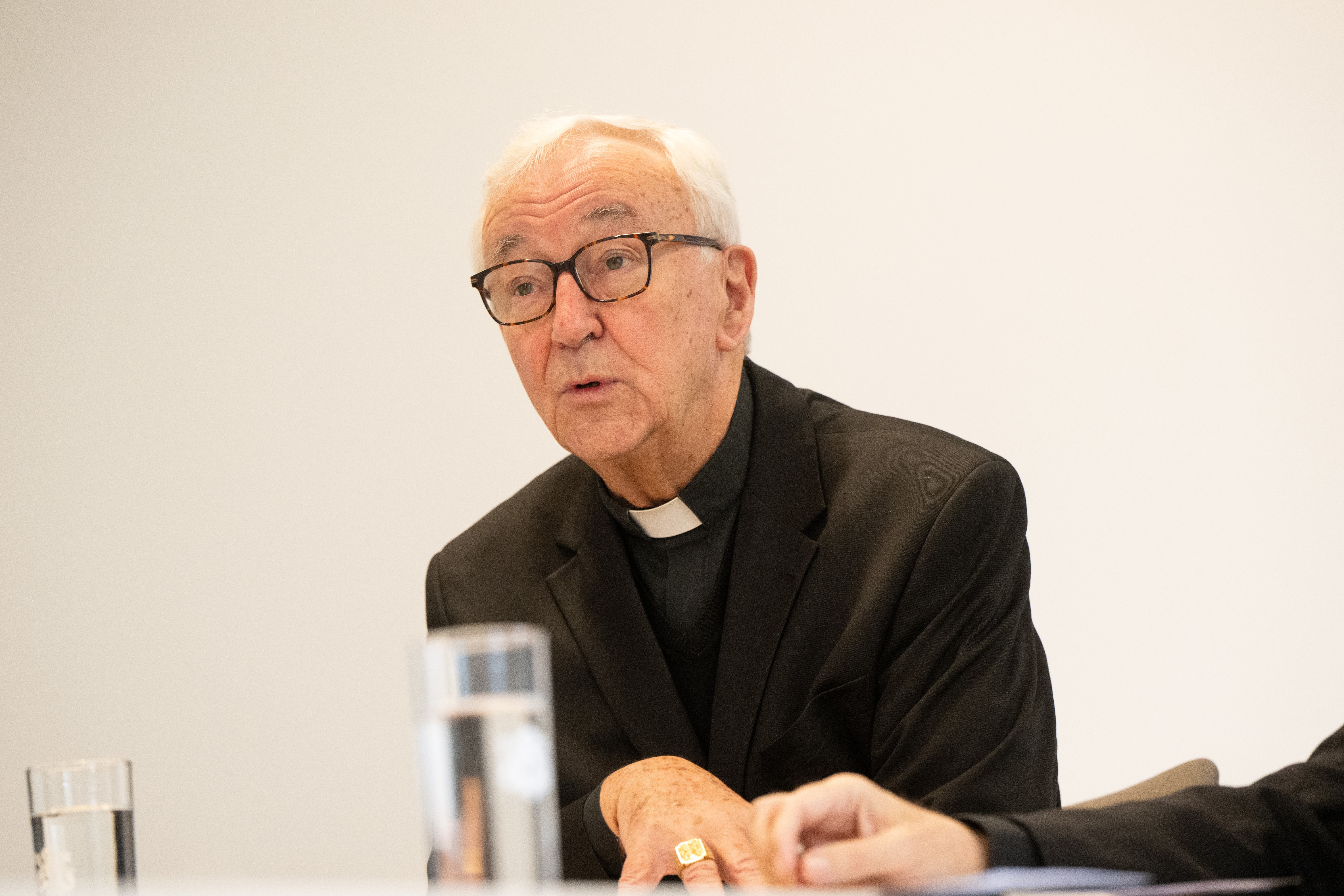
The 79-year-old has been head of the Catholic Church in England and Wales since 2009, and is just young enough to vote in this conclave because he does not turn 80 until November.
Cardinal Nichols is seen as a steady, middle-of-the-road candidate, and could potentially emerge as a compromise figure if there is a standoff between the factions within the conclave.
The English cardinal, originally from Crosby in Lancashire, would be the first British pope since Adrian IV in 1154.
He has carefully picked his battles on social issues in the UK, steering clear of interventions in the LGBT+ debates, but has launched a strong fight against the assisted dying bill currently being debated in parliament.
That said, he has not been named as one of the papabile, and would be a longshot for the throne of St Peter. Nevertheless, non-papabile have been elected Pope on eight occasions, including John XXIII, who initiated the Second Vatican Council, and John Paul II.
The stand-in
Cardinal Kevin Farrell
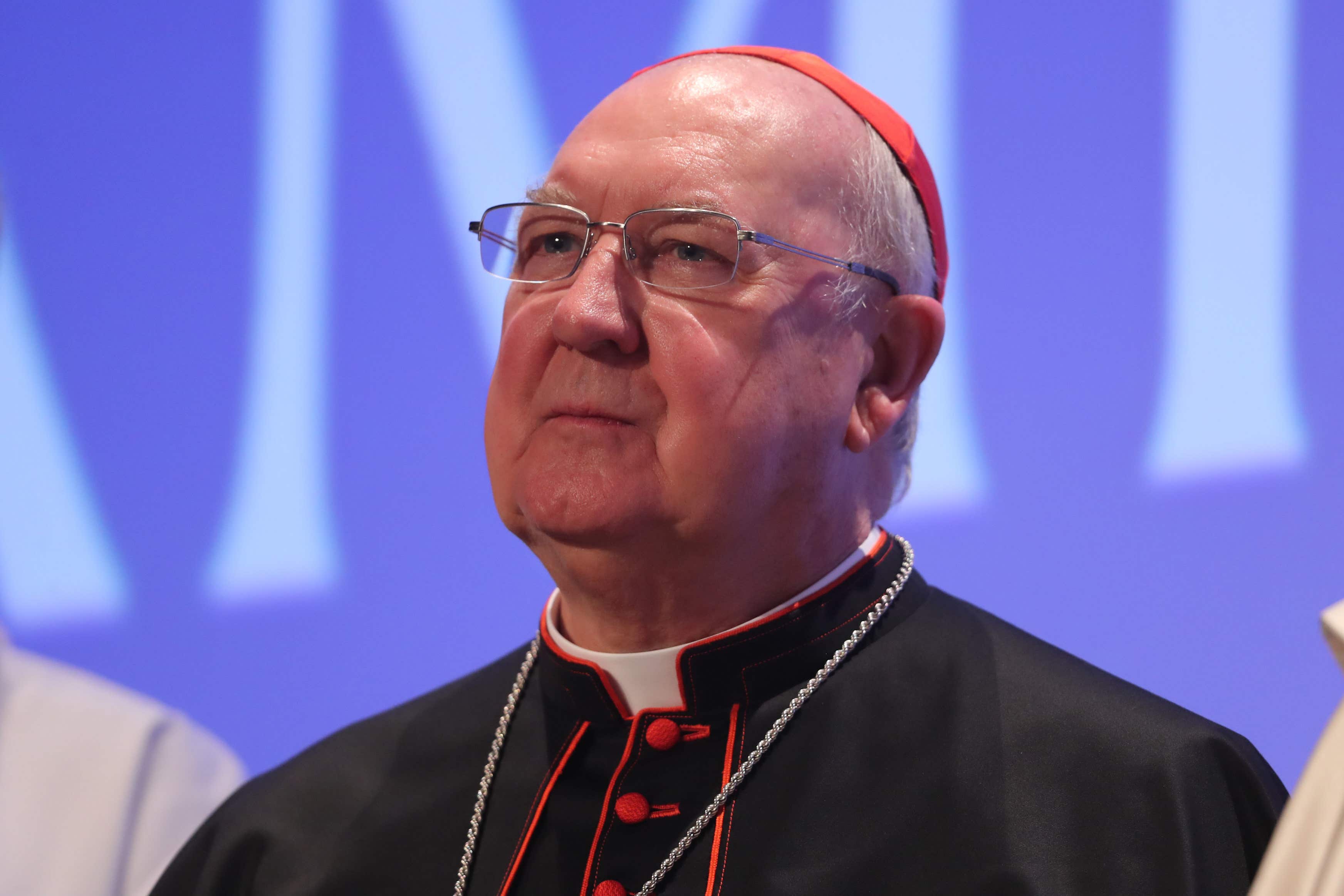
Currently, Cardinal Kevin Farrell, an Irish born American who announced Pope Francis’ death to the world, is effectively standing in as temporary administrative head of the church in his role as Camerlengo of the Holy Roman Church.
The 77-year-old cannot be completely ruled out as a successor but he is not considered to be a papabile and there are a long list of contenders ahead of him.
Added to that his conservative views have not seen him shy away from diplomatic controversy. In 2018 he infamously prevented the then Irish president Mary McAleese, a supporter of women’s ordination and same-sex marriage, from speaking at a Vatican conference on Women in the Catholic Church.
